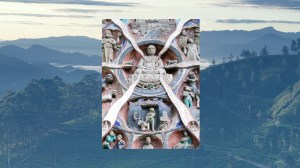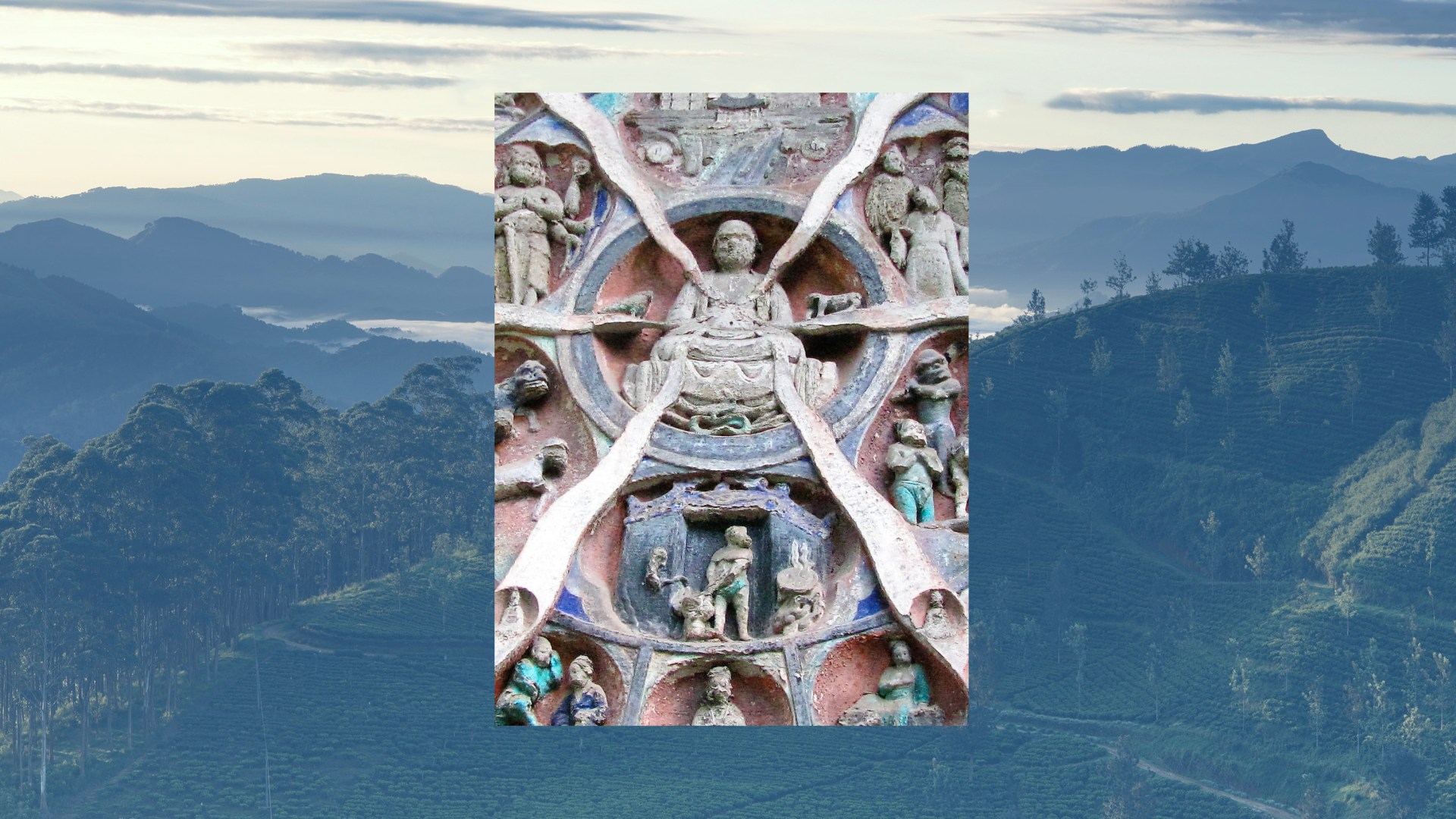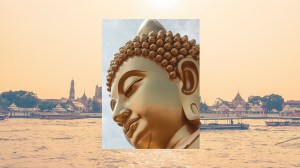In this series

In Sri Lankan culture, fatalistic thinking is shaped by a blend of traditional beliefs, religious practices, and historical experiences.
Buddhism, the predominant religion, often interprets life events through the lens of karma, emphasizing the inevitability of circumstances based on past actions. This can foster fatalistic attitudes as individuals accept their present situations as a consequence of their deeds. The Hindu minority in Sri Lanka also adheres to a belief in the karmic nature of life.
The Christian community, influenced by colonial-era Christianity, may express similar fatalistic notions by attributing life events to destiny, divine will, or predestination.
In 1505, the Portuguese brought Roman Catholicism to Sri Lanka. In 1658, the Dutch, who emphasized the concept of predestination in Calvinist theology, occupied the country. During the colonial era, missionaries from various Christian denominations arrived in Sri Lanka, each with his or her own theological perspective. If individuals were exposed to a form of Christianity that heavily emphasized predestination, which suggests that certain events—including one’s salvation or life circumstances—are predetermined by God and cannot be altered by human actions, it contributed to fatalistic thinking. If this theological perspective was emphasized in missionary teachings, it might have influenced individuals to believe their life circumstances were preordained.
Missionaries also often sought to convert local populations to Christianity by emphasizing the need for salvation and the consequences of sin. If the message focused heavily on the idea of divine judgment and the inevitability of certain outcomes based on one’s actions, it could contribute to fatalistic attitudes. For instance, individuals might come to believe that their suffering or challenges were a result of divine judgment or destiny.
Fatalistic expressions in Sinhala include karume (“karma”); laba upan hati (“it’s the way we are born”); bamba ketu hati (“the way the god has engraved”); deva kematta (“God’s will”); daiwaya (“destined to be so”); pera paw (“past sins”); and purwe kala paw (“sin in the previous life”).
Sri Lankan evangelicals’ approaches to church involvement in sociopolitical and economic issues are mostly divided, reflecting a spectrum of perspectives within the church community. While some evangelicals advocate for active engagement in societal matters, others hold a more reserved or even skeptical stance. The influencing factor for this divide is their theological perspective. Those who advocate liberation theology are more engaged in social issues, while others maintain a reserved or passive approach.
Evangelical Christians in Sri Lanka must address fatalism by promoting critical thinking through education and engaging in theological discussions within the community. Educating the congregation about nuanced perspectives on suffering and divine intervention is a key strategy to counter fatalistic views. By encouraging a more proactive approach, evangelicals can bridge the gap between prayerful reliance on God and practical efforts to address societal issues. Lanka Bible College and Seminary, for instance, is hosting a two-day seminar series to guide local churches in taking intentional actions and steps toward positively influencing and transforming their communities.
Within the rich tapestry of religious and social beliefs in Sri Lanka, a prominent notion asserts that our suffering is intricately tied to the consequences of past sins or karma. However, when we turn our attention to biblical texts like Job and the Beatitudes, a different and alternative perspective on the profound meaning of suffering emerges. In the realm of biblical teachings, suffering is seen not merely as a punitive outcome but rather as a profound aspect of the human experience that can hold deep significance.
These teachings encourage us to seek meaning and understanding in the face of adversity. While there is a belief in prayer for wisdom to descend from above, wisdom literature, particularly the Book of Proverbs, imparts a different wisdom—a wisdom that calls for intentional, active pursuit. It suggests that the journey toward wisdom requires personal commitment and may involve sacrifices, underlining the idea that acquiring wisdom can sometimes come at a personal cost.
In essence, the juxtaposition of cultural beliefs in Sri Lanka and the insights gleaned from these biblical texts invites a reflection on the multifaceted nature of suffering and the active pursuit of wisdom as a transformative and intentional endeavor.
Read our contributors’ bios in the series’ lead article, Destiny Is All? How Fatalism Affects Churches Across Asia. (Other articles in this special series are listed to the right on desktop or below on mobile.)



















